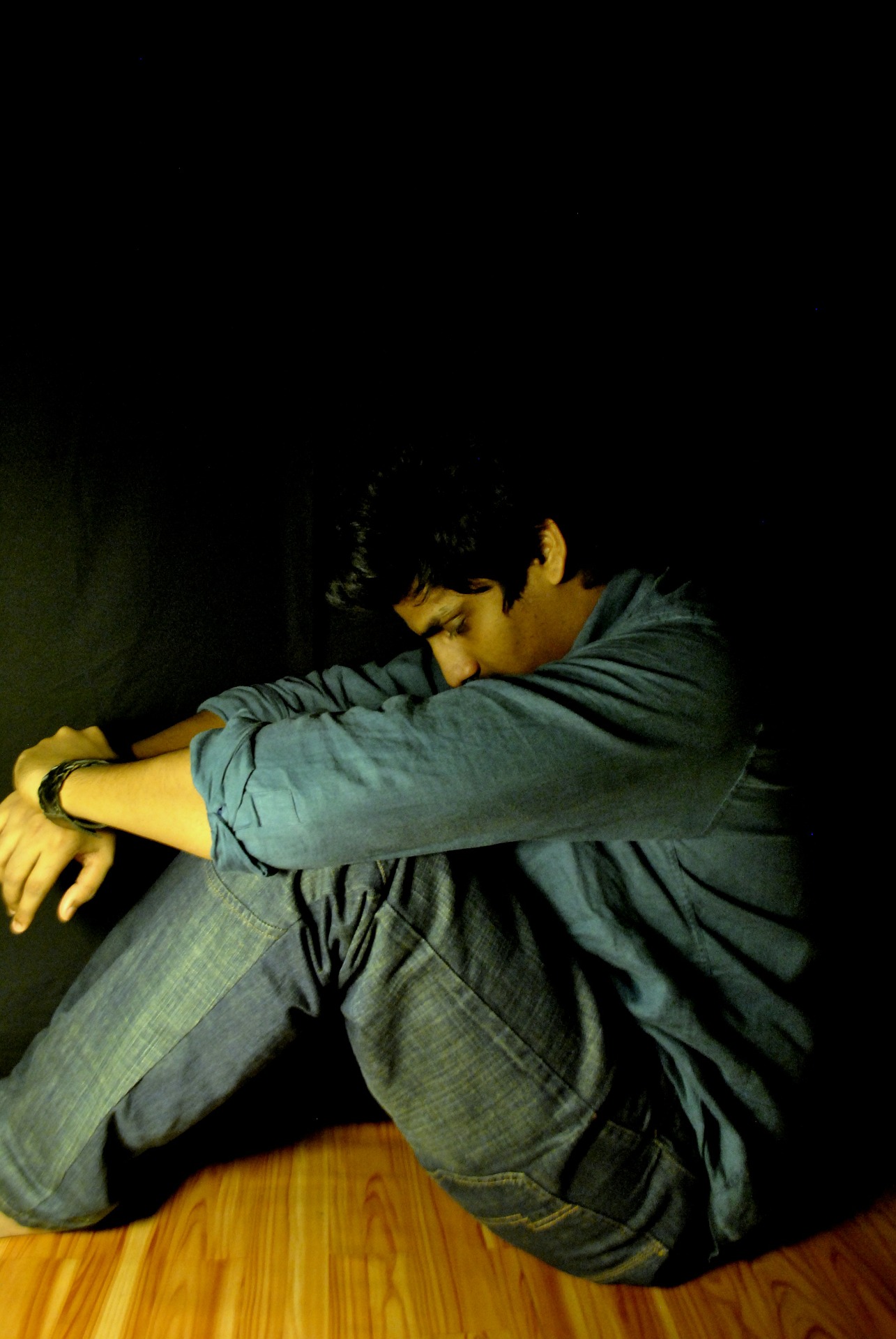I Need Help with Alcohol Withdrawal, What Should I Do?
Alcoholism is a crippling disease. It is far too easy to shift from recreational drinking to chronic drinking to dependence and finally to addiction. And then, everywhere you go, you are given opportunities to drink. It can feel impossible to stop drinking.
Recovery isn’t easy and that keeps a lot of people from pursuing it. They look at the dedication and energy needed and they postpone starting to heal. The most feared part of recovery may be the withdrawal symptoms that accompany detoxification. Withdrawal can be debilitating and even life threatening. Plus, the process of kindling makes each withdrawal period more difficult than the one that came before it.
But, don’t worry. Withdrawal can be completely managed in a structured, formal drug and alcohol treatment program. If you recognize that you need help, it’s time to reach out and call 888-602-1971(Who Answers?). Our experts are prepared to answer all your questions and to link you to treatment programs that can guide you through detox and the remainder of your recovery. There is nothing to fear and no reason to put things off any longer.
What Causes Alcohol Withdrawal?
When people begin drinking, they don’t have to worry about withdrawal symptoms. Those take time to get set in place. When you drink alcohol, it triggers your brain’s reward system to release chemicals like dopamine that are pleasurable. The brain begins to link that feeling to the alcohol that caused it and it continues to seek out more alcohol in order to maintain the feeling.
Regular drinking means that the body and brain are having to compensate for the presence of alcohol. So, adjustments are made. Soon, your system is handing larger amounts of alcohol with more ease and you have to drink more to get the desired effect. That’s called functional tolerance, but there are other forms of tolerance as well. The National Institute on Alcohol Abuse and Alcoholism identifies:
- Acute tolerance
- Environment-dependent tolerance
- Learned tolerance
- Environment-independent tolerance
- Metabolic tolerance
When you begin drinking more to counter your growing tolerance, you may become dependent. This happens when your brain and body are so accustomed to the presence of alcohol that they have trouble functioning without it. This is the point at which you get withdrawal symptoms; they are your system’s way of expressing displeasure.
What Are the Symptoms of Alcohol Withdrawal?
According to the Substance Abuse and Mental Health Services Administration, acute alcohol withdrawal kicks in between six and 24 hours after you take your final drink. It can even begin when there is still alcohol in your system. Signs and symptoms include:

Anxiety and restlessness are common alcohol withdrawal symptoms.
- Agitation
- Irritability
- Anxiety
- Restlessness
- Increased blood pressure
- Elevated heart rate
- High body temperature
- Trouble sleeping: intense dreaming, insomnia, nightmares
- Impaired judgement and memory
- Difficulty concentrating
- Sensitivity to light, sound, and tactile sensations
- Delusions
- Hallucinations
- Delirium
- Grand mal seizures
Some of these symptoms are potentially fatal. The most dangerous are delirium tremens (severe delirium with shaking), seizures, and dysregulation of blood pressure, pulse, and body temperature. You should also be aware that withdrawal can cause:
- Dilation of the heart with ineffective pumping
- Infections
- Hypoglycemia
- Pancreatitis
- Gastrointestinal bleeding
- Liver failure
- Inflammation of the pancreas
- Undetected trauma
- Generalized impaired brain functioning
These risks are all reasons that you should be getting professional help for your alcohol withdrawal.
How Can Professional Rehab Help Me with My Alcohol Withdrawal?
There are a few different models for alcohol detox.
Social detoxification programs are non-medical, short-term treatments for people who struggle with substance abuse. They are inpatient, meaning you stay at the facility for the duration of your care, and they provide room and board. You receive interpersonal support from people experienced with alcohol withdrawal. These programs do take a variety of form, so ask a lot of questions before you commit to ensure you are picking the best option for your needs.
Medical programs are more likely to manage symptoms with medications. Although, according to the Substance Abuse and Mental Health Services Administration, “It is believed that only a minority of patients with alcoholism will go into significant alcohol withdrawal requiring medication.” If you are one of the people’s whose symptoms necessitate the use of medication, you will likely be given:
Benzodiazepines: These prevent withdrawal from progressing to the point of serious consequences.
- Anticonvulsants
- Antipsychotics
- Anticonvulsants
- Relapse prevention agents
- Beta blockers/alpha adrenergic agonists
To learn more about the help that you can receive for your alcohol withdrawal, call 888-602-1971(Who Answers?). There is no reason to wait.




